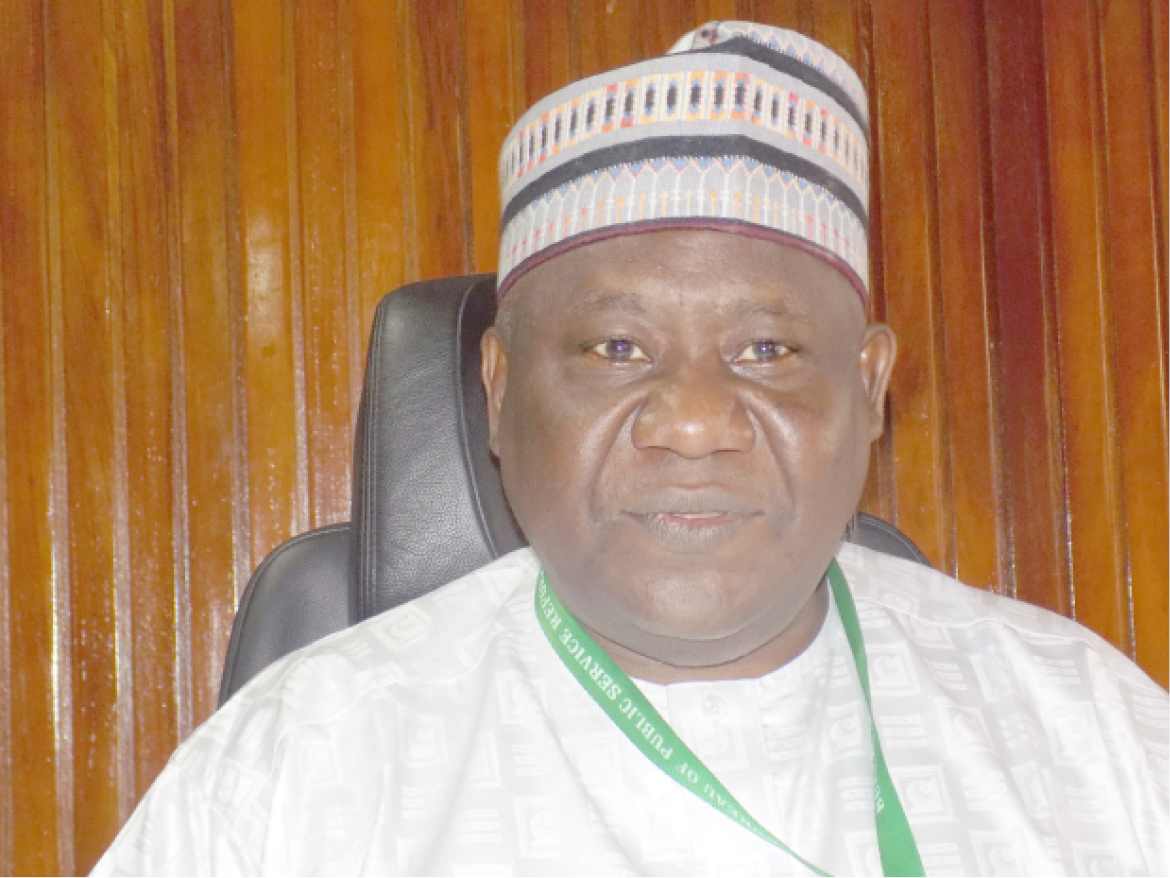

Dasuki-Arabi
Dr. Dasuki Arabi, DG of the Bureau, has emphasized the necessity of ethical frameworks for the integration of AI in public service delivery.
Speaking at a one-day roundtable discussion on public service reforms in Abuja on Monday, Dr. Arabi highlighted the Bureau’s 21-year journey of driving public sector transformation in Nigeria. While acknowledging the progress made so far, he noted the challenges that remain, particularly as the government moves towards digitalising its operations.
“We must start planning now on how to align with emerging technologies. Open data initiatives, AI ethics, and accountability frameworks must become central to our strategy,” Arabi stated.
He stressed that Nigeria’s adoption of AI must be accompanied by a robust ethics framework to ensure its effective and responsible integration into public service operations.
“We need an ethical framework to guide the use of artificial intelligence, blockchain, and other technologies within the public service,” he added, warning of the risks posed by unregulated AI adoption.
The roundtable brought together key stakeholders, including development partners, civil society organisations, and the media, to assess the successes and challenges of public service reforms and discuss future strategies.
Dr. Arabi emphasised the government’s goal to transition to a paperless public service by 2030, driven by emerging technologies like AI, blockchain, and the Internet of Things.
However, he raised concerns about the potential misuse of these technologies, particularly with regard to data security.
“We are moving towards a paperless system, but there are constant threats from individuals working to breach our databases,” he cautioned.
Professor Akintola Bello, a lead consultant at the BPSR, echoed these concerns, noting that while progress had been made, a significant shift in mindset is required to embrace technology and modern working methods fully.
“We must let go of outdated practices and adopt new approaches, while also learning from past mistakes,” Bello stated.
The session also highlighted the importance of strengthening public-private partnerships to address challenges posed by Nigeria’s economic environment. Dr Arabi called for deeper collaboration between government agencies and the private sector to drive reform and innovation.
Professor Tunji Olaopa, Chairman of the Federal Civil Service Commission, underscored the need for continuous adaptation and the establishment of clear values to guide public service operations.
The entire family of Mr. Philips Gideon Chibuisi of Ndi-Arua, Akaelu, Lodu Imenyi, Bende Local…
The Labour Party has applauded the recent Supreme Court judgment delivered on April 4, 2025,…
The Amalgamated Union of App-Based Transporters (AUATON), which represents ride-hailing drivers, has declared its intention…
US President Donald Trump, who is pressuring both sides to agree to a ceasefire, expressed…
The National Vice Chairman of the Labour Party (South East), Honourable Ceekay Igara, has commended…
Nigerians have been urged by the Securities and Exchange Commission (SEC) to notify the commission…